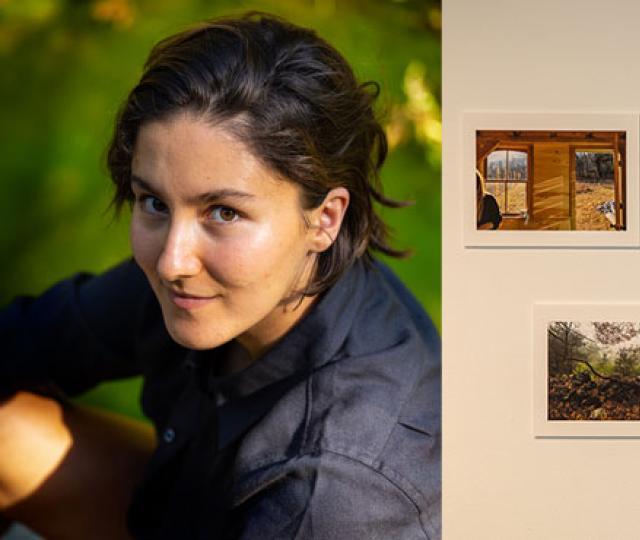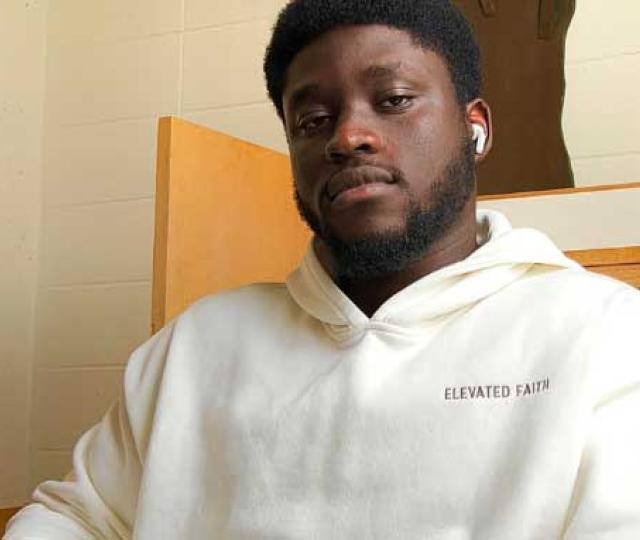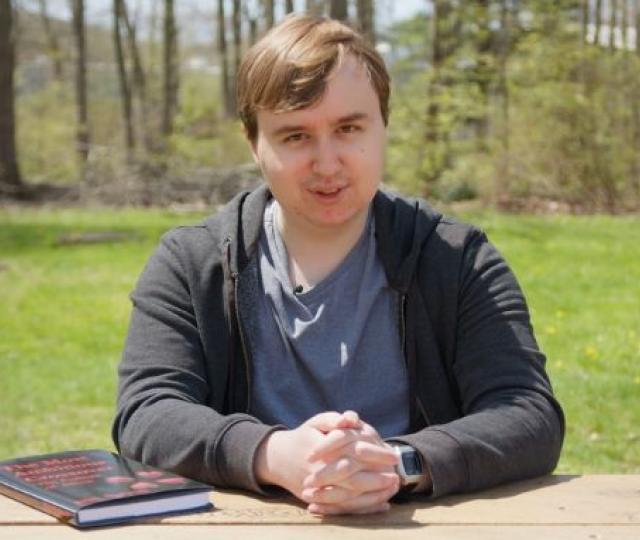
Tabita Doujad 20F
Tabita's Div III is a research project mapping the relationships among chestnut trees, pollinator insects — particularly bees and moths — and humans on one stretch of cultivated meadow.

Tabita's Div III is a research project mapping the relationships among chestnut trees, pollinator insects — particularly bees and moths — and humans on one stretch of cultivated meadow.

Division II student Rupert Tawiah-Quashie built a tool to help officiate basketball games for deaf players. The program translates referees’ voices into sign language.

For his Div III, Nick Bythrow 18F wrote a multi-chapter paper examining the divisive rhetoric and disinformation on the image-board website 4Chan.